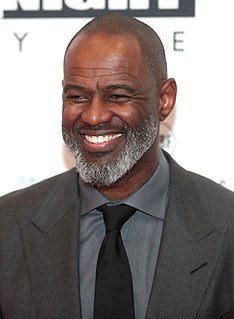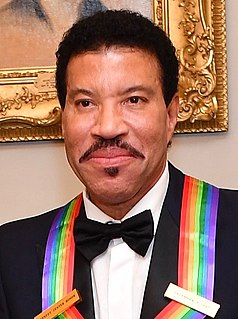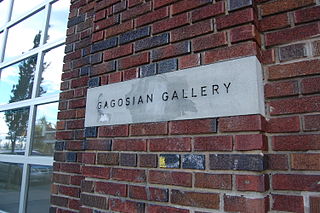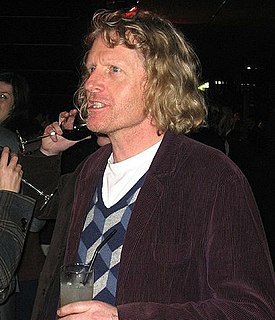A Quote by H. L. Mencken
The movies today are too rich to have any room for genuine artists. They produce a few passable craftsmen, but no artists. Can you imagine a Beethoven making $100, 000 a year?
Related Quotes
The word 'art' interests me very much. If it comes from Sanskrit, as I've heard, it signifies 'making.' Now everyone makes something, and those who make things on a canvas with a frame, they're called artists. Formerly, they were called craftsmen, a term I prefer. We're all craftsmen, in civilian or military or artistic life.
Vulnerability of artists is definitely what makes organizations like PEN necessary because, as I tried to argue, the actual work that writers and artists do has an ornery way of surviving. Particularly in this age of the internet, it is very easy for forbidden work to be found online somewhere if you know where to look. Artists themselves, however, are in increasing danger, and not just artists. The great concern is that year after year, rising numbers of journalists are being killed in pursuit of their work.
In the industry, artists of of color struggle the most. Caucasian artists have really solidified themselves in the industry, and with African Americans now we see directors and producers who vow to only produce work that shines a light on African American artists. But everybody in the middle gets lost.
A lot of artists are involved with fabrication. Artists today are making more objects and many of them need the participation of a dealer in order to facilitate and provide support for projects. So that has changed. But I don't know if what it means to be an artist has really changed. I hope that it hasn't.





































